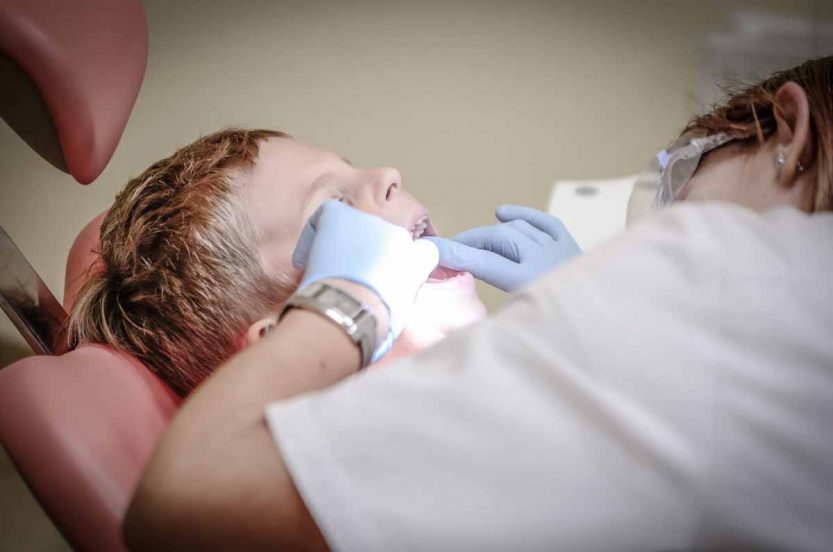

How much does your dental practice value the reviews it receives? Hopefully, it does so to a high degree, and we are sure the vast majority of the reviews you receive are positive and can therefore be classified as welcome testimonials about your dental practice and the dentists and other staff who work there.
We cannot be as certain on whether you have or have not received any negative reviews but if your dental practice has been open for some time it is a safe bet you have had at least one. That is in no way meant to suggest you deserved any negative review you have received but rather an acknowledgment that even the very best business cannot satisfy everyone every time.
Using Negative Reviews To Your Advantage
You might be surprised to know that some businesses, and no doubt some dental practices, actually welcome the occasional negative review. It firstly can highlight an issue that they were unaware of or had not considered and allows them to put it right. Second, if the negative review is posted online, it gives the chance to respond and in doing so prove that they take customer care, service, and satisfaction seriously.
The other thing that a response to negative reviews proves, especially if it is a dental practice receiving it, is it shows it takes responsibility for its actions. You doubtless know of businesses that cover their ears and effectively look the other way whenever they are criticised. Conversely, a dental practice, for example, which holds its hands up, apologises, and takes corrective action will be seen in a much more positive light than one which just ignores negative reviews.
When Negative Reviews Cross A Legal Line
This brings us to an issue that, hopefully, your dental practice never has to deal with, but which is always a possibility, and that is where a so-called negative review crosses a legal line. That legal line is where what is written does not constitute a review of a dental practice but instead is a defamatory statement. Examples of when defamatory statements occur are outright lies, exaggerations, abuse, and false allegations.
Now, there are countless examples where a negative review has been unwarranted, underserved, and even somewhat insulting. However, in most instances, whilst unpleasant and unnecessary, what is written is not necessarily classed as defamatory according to the law.
For something written and published to be considered defamatory the words used must amount to the legal definition of defamation. This is contained in the Defamation Act which most Australian states added to their statutes in July 2021. One of the key additions was the term “serious harm” occurring to the person who is pursuing a defamation claim.
Defamation Act 2021 And The Concept Of “Serious Harm”
Some of the terms and requirements within the 2021 Defamation Act include a time limit of one year from when the alleged defamatory statement was published. If you are the dentist who feels you have been defamed you must also contact the potential defendant with a “concerns notice” before you are allowed to lodge your legal claim. The concern notice must include precise details of the text, what implications arise from its publication, and the serious harm caused.
Some early precedents have been since the Act became law and many of those relate to the aspect of ‘serious harm’. In particular, thresholds for what constitutes serious harm have been laid down. As it pertains to a dentist or dental practice, serious harm can include unreasonable tarnishing of a professional’s reputation, a loss of patients as a result of the defamation, and also financial loss which can inevitably follow if either of the previous two has an impact.
Copyright 2017 - BGS Law : Expert Legal Advice